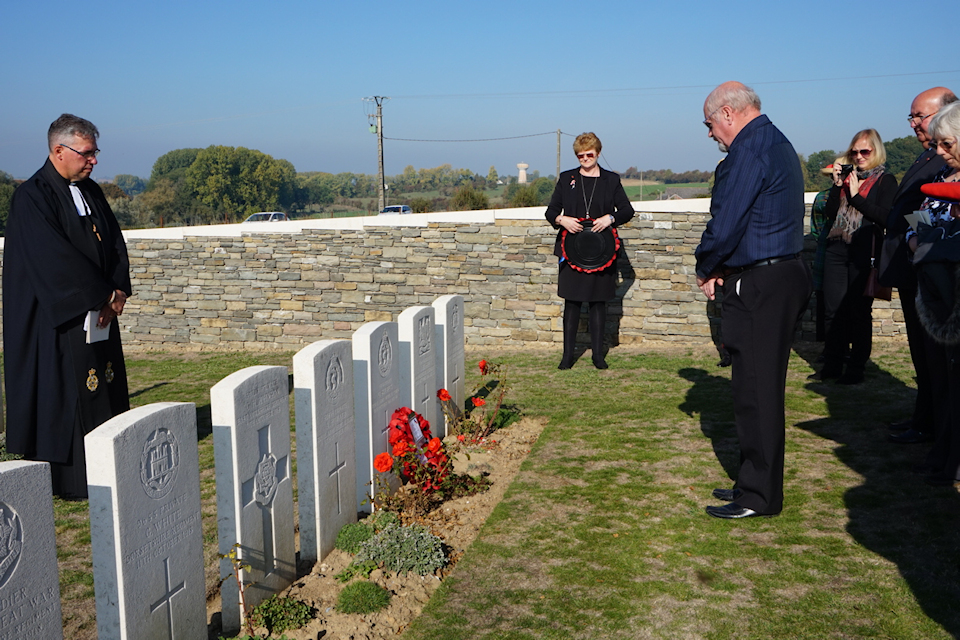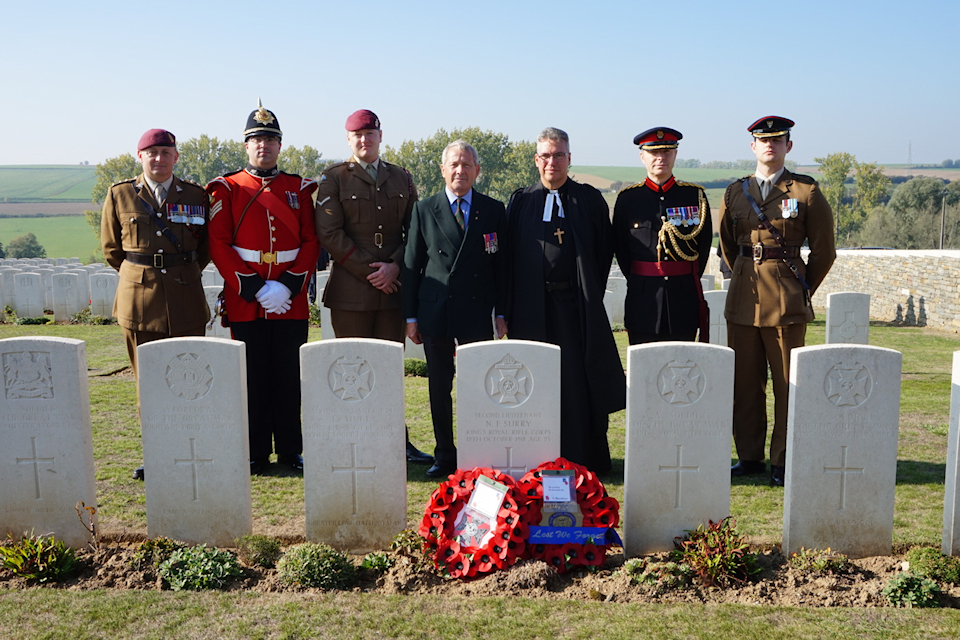News story: 250,000 veterans helped into new careers
In the two decades since its launch, a quarter of a million service leavers have been supported in the next stage of their careers by the Career Transition Partnership (CTP), a partnership between the MOD and Right Management Ltd.
The CTP offers one-to-one career guidance, vocational training, events, networking and employment opportunities to serving personnel for up to two years before they leave the Armed Forces, supporting them as they prepare to enter the civilian workplace or further education.
Benefitting from training in interview techniques and CV development, as well as targeted workshops designed to identify and harness an individual’s strengths, 93% of service leavers transitioning through the CTP who are seeking employment, are in new roles within six months.
Ex-serving personnel can also access CTP support for two years after they have transitioned back into civilian life, ensuring the adjustment process is as smooth as possible.
Tobias Ellwood, Minister for Defence People and Veterans, said:
Our Armed Forces develop invaluable, lasting and transferrable skills during their service, and it is right that we support them to reach their potential when they leave.
With admirable qualities such as leadership, dedication and team work, those who have served are an asset to any organisation. The Career Transition Partnership team plays an ever more vital role in helping our people navigate the many opportunities open to them.
The CTP also provides specialist training to those who leave service early through the Future Horizons programme, which has supported 11,500 personnel since its introduction in 2008. A further specialised career programme, CTP Assist, supports approximately 900 wounded, injured and sick service leavers per year to achieve a sustainable and fulfilling career, regardless of time served.
The CTP offers a wide range of vocational training courses to enhance qualifications gained in the military or to retrain for a new career. Courses in fields such as finance, project management, IT and health and safety, and are designed around the needs of service leavers and to connect with routes to employment.
The CTP Employment Team is focussed on engaging with local SMEs and national employers to create unique pathways into employment and ensuring organisations take a strategic approach to integrate military talent into their workforce planning.
The CTP is currently working closely with a broad range of employers such as Amazon, Barclays, Jaguar Land Rover, BAE Systems, and Openreach to align the wealth of transferrable skills and experiences service leavers have.
Along with online career resettlement guides, personnel can also access advice on wider aspects of the transition process, including housing and pensions, managing finances, and moving abroad. This guidance is part of the broader support on offer to personnel to bridge the gap between military and civilian life.
The CTP is the first example of a military resettlement service provided by a partnership of private, public and charitable organisations, anywhere in the world. The model, established by the partnership between the MOD and Right Management Ltd, is supported by RFEA – The Forces Employment Charity who deliver CTP’s employment support, and is at the forefront of best international practice.
David Duffy, Right Management Ltd, Contract Director for Career Transition Partnership, said:
I am proud that Right Management have delivered a world-class resettlement provision on behalf of the MOD for two decades, helping to bridge the gap between military and civilian careers and connecting Armed Forces personnel to jobs. CTP staff are extremely committed and passionate about the part they play in supporting service leavers and this is evident in the remarkable achievements we have made.
The working landscape has changed beyond all recognition since we started, with an ever more transient marketplace and technology, along with social media, driving change at pace. Despite this, the CTP has stayed at the forefront of delivery, keeping pace with change and continually adapting to meet the needs of our service leavers.

